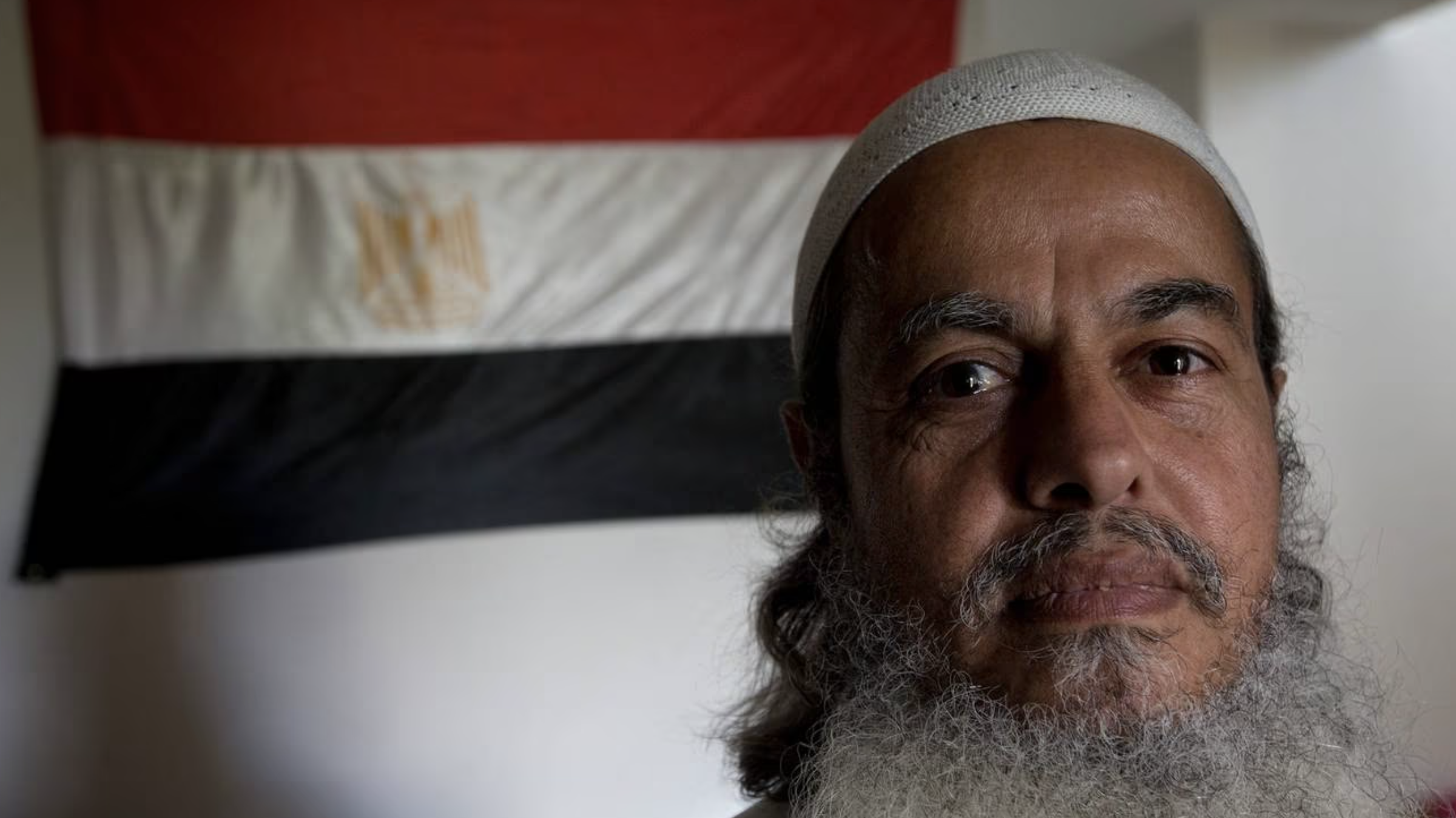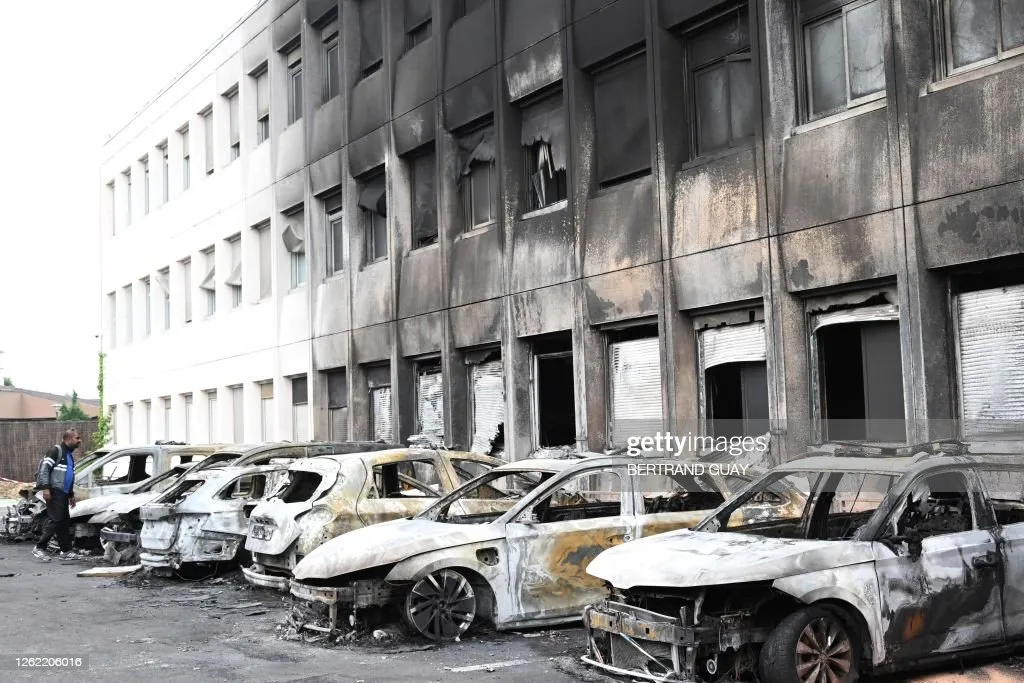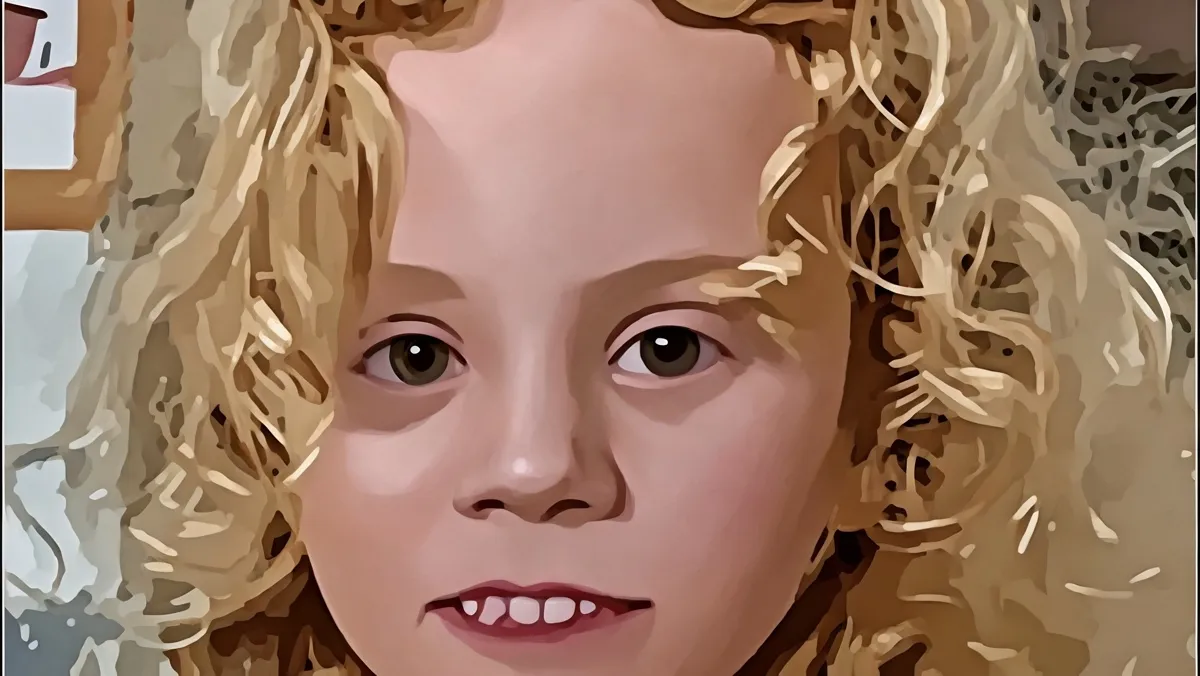Table of Contents
The recent widespread violence throughout France was decades in the making. Was conflict inevitable? If so, at what point does a migrant population, with a firm resistance to integrating, reach critical mass and violently explode?
These questions are not academic. The recent violent conflicts in France could be our future if ex-PM Jacinda Ardern succeeds in her plan to assimilate modern-day Islam into our traditional Christian heritage with the hare-brained notion of a stable diverse community.
Assimilate is a loose term, but even so, Christianity and Islam are oil and water. On a personal level, New Zealanders have no problem with individual Muslims (we are generally tolerant), but we draw the line at accepting the alternative Islamic legal, political, economic and military schisms undoubtedly bubbling away beneath the religious Muslim façade. Those components are already here but you’d be hard-pressed to call them out except for the occasional appearance of a militant Muslim cleric at a NZ mosque, outed after the event.
Ardern’s tacit approval of Muslims and therefore Islam does not gel with Islam’s violence and barbaric practices in countries such as Iran: the horrific stoning of raped women, throwing gays off buildings and silencing critics of Islam by jail or death. To expect Muslims of all Islamic persuasions to conform to Western ideals and integrate with Western culture is both naïve and unrealistic.
How many New Zealanders are aware of the current Jihad against Christians?
But just because the West ignores a reality doesn’t mean that it doesn’t exist. There was a time when the jihadi terrorist group Islamic State, or ISIS, was on the front pages, with spectacular acts of mayhem not only in the Middle East but in Europe and elsewhere. But after a string of military reverses, and especially after ISIS lost its last major stronghold in Syria in the spring of 2019, it too seemed to drop from the headlines.
However, neither ISIS nor Al-Qaeda are done; nor is Salafi-jihadism in general. They have found new pastures in Africa, especially along those geographic fault lines that divide the continent’s majority Muslim-populated regions from its Christian population. Like a bloody scarlet thread, this line stretches across West Africa into the middle of Nigeria and then into Central Africa, until reaching the Indian Ocean coast from Somalia to Mozambique. As always, jihadism takes advantage of local fissures and on the ground realities – ethnic conflict, land grabs, government corruption and incompetence – but a pillar of the ideology is the slaughter of Christians.
MEMRI
Christians in Chad, Cameroon, Niger, Democratic Republic of Congo, Nigeria, Uganda, Burkina Faso and Mozambique are regularly killed and their stories never reach New Zealand’s six o’clock news.
Overseas Western countries that embraced Muslim migrants decades ago are experiencing destructive changes to the fabric of society far exceeding the manpower problems they were designed to fix. Which brings us back to France.
World War I was a turning point in French migration when French colonies contributed French support to the war effort: Algeria sent 173,000 men, 25,000 died; Tunisia 56,000, 12,000 died; and Moroccan troops participated in the defence of Paris. As well as troop support, the Maghreb also supplied manpower to replace French workers serving in the army and about 119,000 Algerian youth went to France in 1919 to take up jobs in factories. Similarly, Moroccan workers arrived in Bordeaux as early as 1916 (Laroui 1970).
According to 1980’s statistics about 25% of the total population of inner Paris, and 14% of the metropolitan area, were foreigners, the majority of whom came from Algeria (Colliers Encyclopaedia 1987).
The North African Muslims had been living a peaceful life, completely in harmony with the French population for quite some time. However, they could not remain immune to the political and social developments in and outside France, especially in the Muslim world.
JSTOR
By 1997 there were three million Muslims living in France, the second largest communities after Roman Catholics. French cities, especially ports with sizeable migrant populations gradually turned into crisis areas, ignited in 1989 by the French Education Minister François Bayrou, who introduced a regulation banning the wearing of “ostentatious religious insignia” – including head scarves – in French schools.
Naturally, it wasn’t long before Muslims demanded separate schools for new Muslim migrant children and by the early 2,000s Muslim migrants “socialised into the French administrative culture…ultimately set the tune for all French integration policy, in a compromise that, in turn, continually redefines French identity”.
New Zealand does not exist in a vacuum; like it or not we are subject to the foibles of international political movements such as militant Islam.
In 2014 a dispute between two Islamic factions in West Auckland erupted in violence and the “declaration of jihad, or holy war, against private security staff hired to guard the premises”.
The centre’s administrator was brutally beaten two weeks ago after issuing trespass orders to a Salafist imam and some of his supporters, and spent 10 days in hospital with fractures and eye injuries.
The New Zealand Muslim Association shut down the mosque amidst some protests of no wrong doing.
…Mr Mohammed Selim, whose friends were among those who had been served with trespass orders, denied they were extremists or violent and believed it was wrong to stop them worshipping at the centre.
“We signed a contract when we came to this country that it is a free country, free to practise our worship and nobody will stop you”, said Mr Selim, originally from Egypt. “Suddenly the problems start to happen and everybody get trespassed, what law did we break or what kind of violence did we make?”
Jihad Threat to Mosque Security
Like beauty, violence is also in the eyes of the beholder: ‘you can’t touch me’ bragged fellow Egyptian Muslim, Salim. The imam at the centre of the battle for the mosque, Abu Abdulla (also known as Haman), also Egyptian, was banned from the mosque and has been under New Zealand police surveillance since 2011 because of suspected terrorist links.
A senior member of the (Islamic) association, who requested anonymity, said Mr Abdulla followed Wahhabism, a strand of Islam which Osama bin Laden adhered to, that “promoted extremism, radical and anti-Western” ideas. He described Mr Abdulla as a “destructive force” and someone local Muslim leaders were “trying to remove” from the community.
He said Mr Abdulla preached that those who did not follow Wahhabism, which he believed to be the only path of true Islam, were “infidels”.
Mr Abdulla also preached it was “haram” – forbidden – for Muslims to carry, fly or drape themselves in the New Zealand flag.
Mr Abdulla told the Weekend Herald it was forbidden for Muslims to be associated with the NZ flag because the St George Cross was on it.
For the same reason, they were also forbidden to have face paintings or temporary tattoos with the flag.
“From Islam, you cannot raise another flag that represents another religion. You cannot raise the flag of Jews, Christians or the cross, because we’re Muslim,” he said.
Imam at Centre of Mosque Ruckus

Abdulla is accused of holding anti-Western views and espousing them to the Muslim community. He refuses to work and with seven children to support, that responsibility is carried out by the New Zealand taxpayer. At least in France, they got the benefit of cheap labour for a few decades before their roof fell in.









